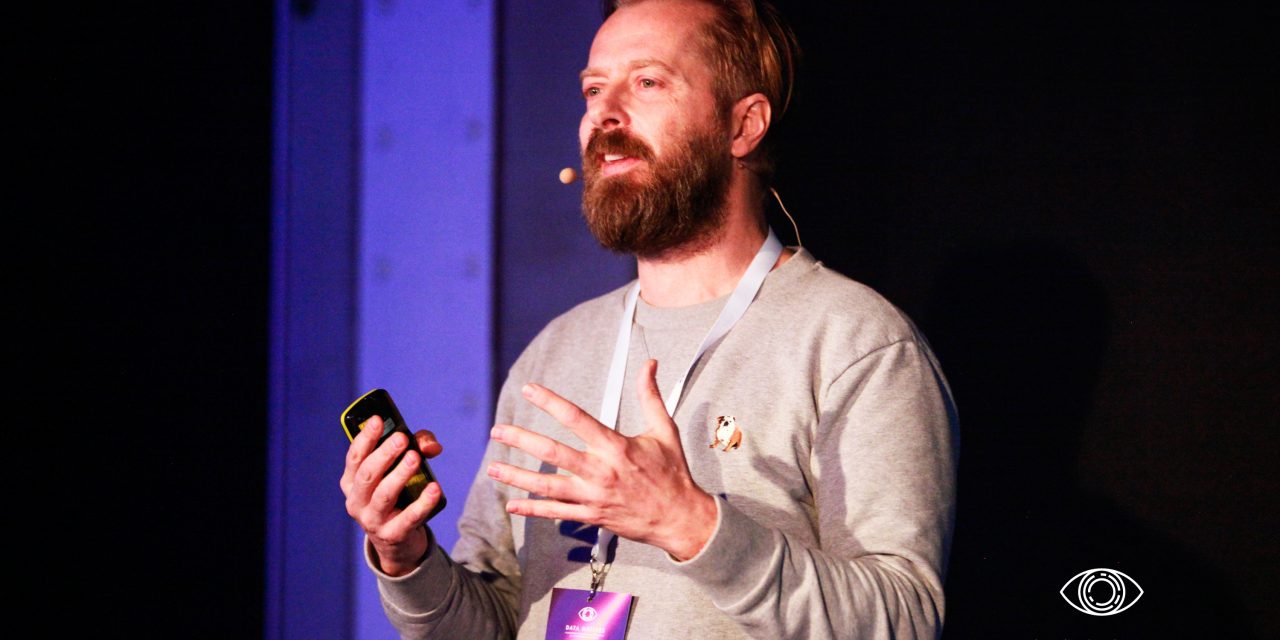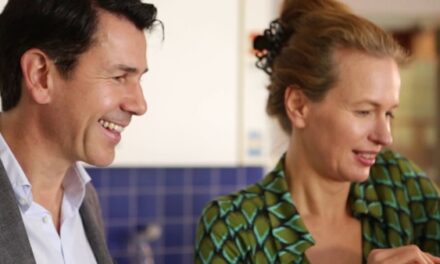With a background in Law and having passed my Law exam in Germany, data always meant two things to me:
Boredom and Fear.
All the Law curriculum teaches you about data is how to protect your own data from Evil.
Meanwhile the general consensus is that stories are more influential than data. This has been demonstrated a number of times, including 1980 at the University of Michigan. More recent research in a 2007 study conducted at Carnegie Mellon University found that donors explicitly give more to story-only appeals compared to data-only appeals.
Despite this, whilst working subsequently as a PR manager I experienced that people were obsessed with my law background, and decided that the most exciting thing for me to do would be to draft the data protection sheet for customers.
So my relationship with data is not a good one. At the same time I have to handle it, because my focus lies on visionary themes. I build strategies for my clients which always relate to actual trends and the hottest topics in tech and society. One of these is obviously data.
I was more than happy when I met Elena Poughia, the Managing Director of Dataconomy and the Founder & Head Curator of Data Natives, Europe’s largest data science conference, at the kick-off event of the network ROCKCHAIN in Berlin. She had given an inspiring talk about voice assistants and explainable AI. That’s how I ended up at Europe’s biggest conference for the data-driven generation, Data Natives, hosted annually in Berlin.

Data Natives, Alexa Vachon, Digital, Conference
Data Natives Conference
Data Natives is first and foremost a community, spawned from a series of localised events in 48 key tech capitals across the globe. Each November the Data Natives conference takes place as the culmination of a grassroots tech movement, uniting the tech community for 2 days of inspiring talks, educational workshops and unparalleled networking opportunities.
At Data Natives I interviewed Bart de Witte, Director of Digital Health DACH at IBM Germany and self-declared healthcare nerd. He recently founded the Hippo.ai Foundation, a non-profit organization which aims to decrease the effort needed to build AI-powered medical applications and to facilitate the sharing and retention of knowledge.
Hippo.ai’s mission is to create a global community that focusses on developing open source medical AI. The long-term purpose is to liberate all future medical knowledge and turn AI-based healthcare into a public force for good, changing the current direction of medical AI developments, which focus on the privatization of medical knowledge.
The full discussion is here in the video interview – check it out:





